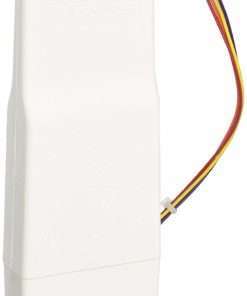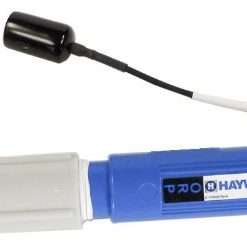Why active filters are called active?
Active filters are often called “active” because they have the ability to react quickly to changes in the input signal. This is important because it allows the filter to reject noise and unwanted signals while preserving desirable information.
Active filters can be implemented using a number of different architectures, but all of them share one common feature: they are able to switch between two or more active states very quickly. This characteristic is what separates active filters from passive ones, which simply allow the input signal to pass through unchanged.
There are many reasons why you might want to use an active filter. One reason is that passive filters can introduce noise into the signal, making it difficult to understand and analyze. Active filters are also better at rejecting certain types of interference, which makes them a good choice if you need to protect your data against unauthorized access or theft.
Where are passive filters used?
Passive filters are used in a variety of applications, but are particularly common in industrial and commercial settings. Passive filters remove or reduce noise levels without the need for any external power or control. This can be helpful in environments where noise is a concern, such as factories, offices, or hospitals.
Passive filters can also be used to reduce the impact of interference on electronic equipment. By eliminating potentially harmful interference, passive filters can improve communication between different devices and systems.
What is the main problem of passive filters?
Passive filters are often used in communications systems to reduce the level of noise and interference. However, their main problem is that they do not discriminate between useful and interfering signals. This can lead to degraded performance and even system failure.
What are the disadvantages of passive filters?
Passive filters are often seen as a less expensive and more efficient way to manage communications. However, there are several disadvantages of passive filters that should be considered.
First, passive filters can be less effective at blocking certain types of noise. This can lead to increased levels of communication interference and decreased reliability when trying to communicate over noisy environments.
Second, passive filters can also have a negative impact on performance. Bypassing the active filter allows more noise into the system, which can cause degradation in signal quality and slow down overall system performance.
Finally, passive filters may not be as secure as active ones. Bypassing the active filter leaves devices open to attack and could allow unauthorized individuals access to sensitive information.

















